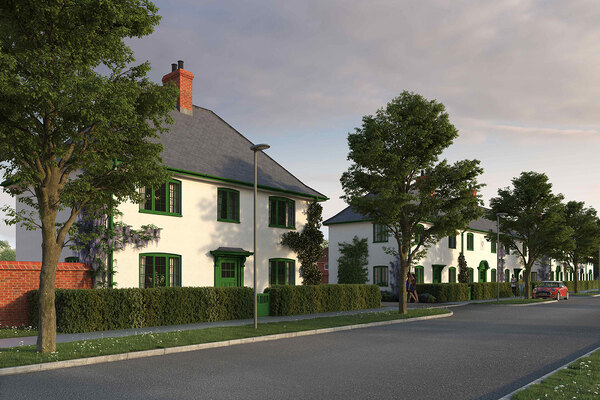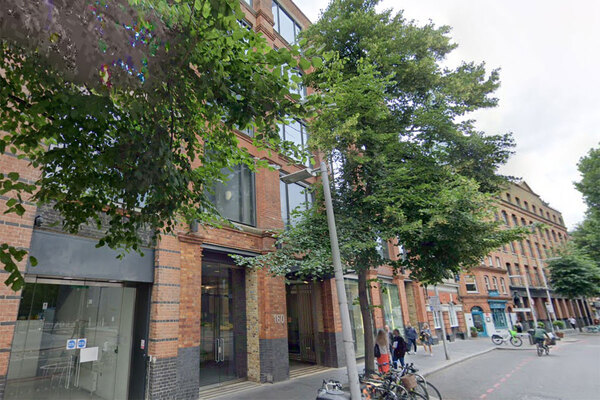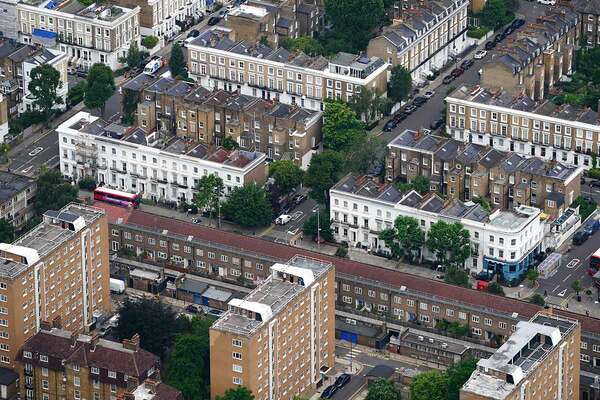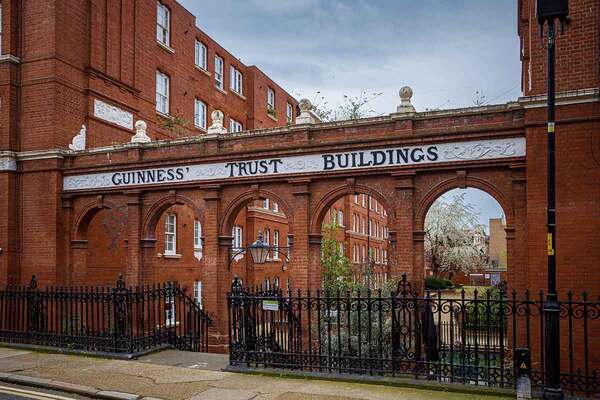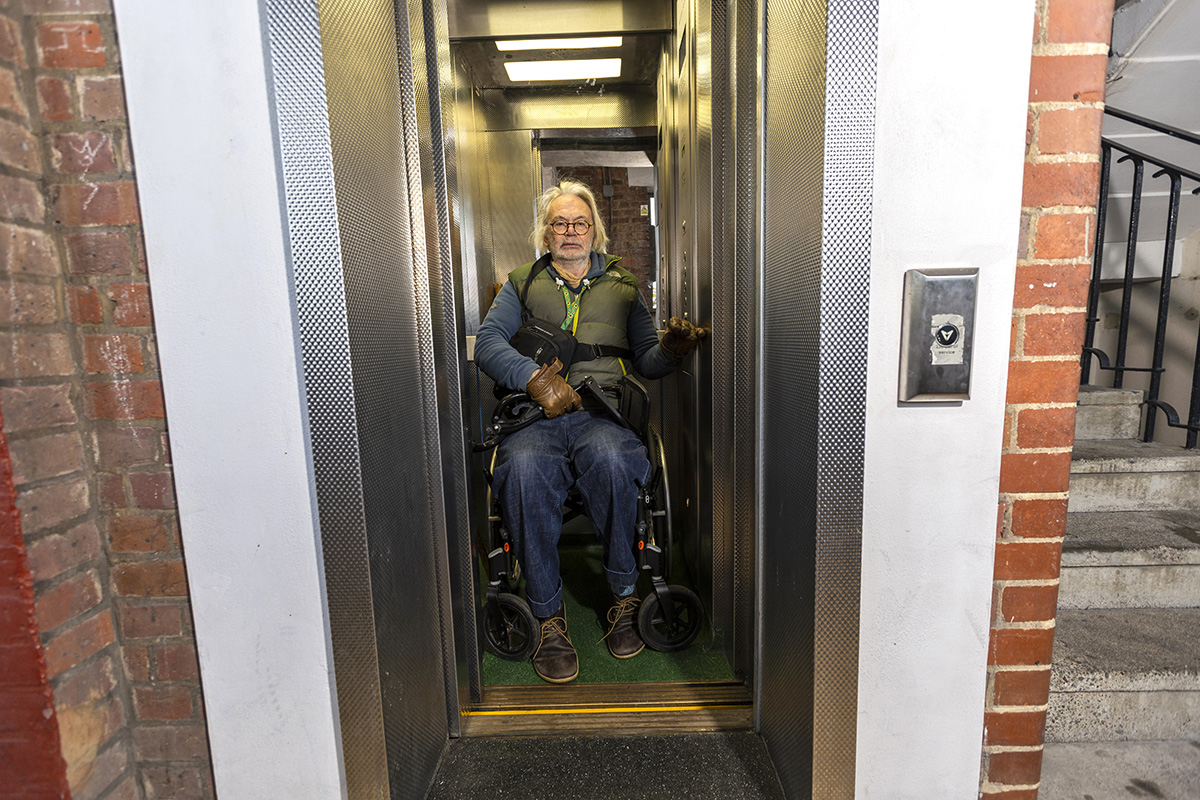You are viewing 1 of your 1 free articles
Let social landlords charge higher rents on ‘zero bills’ homes, house builder says
Social landlords should be allowed to charge higher rents on homes that guarantee zero energy bills, a house builder has said.

Rob Boughton, founder and chief executive of Thakeham, told Inside Housing that social and affordable rent caps were deterring councils and housing associations from building homes with sustainable technology like solar panels, batteries and insulation.
Mr Boughton has written to energy minister Miatta Fahnbulleh and chief secretary to the Treasury Darren Jones, calling for councils and housing associations to be able to keep a portion of the energy savings from green homes.
He said that the additional costs for delivering ‘zero bills’ homes are reducing but are currently estimated at £8,000 to £15,000 per home, depending on its size. Batteries are likely to need replacement every 12 to 15 years at a current cost of £6,000.
“With the standard social rent and affordable rent caps in place, it is not possible to recover these extra costs, and this creates a significant barrier for housing association and council adoption of the zero-bills approach,” he said.
Even with higher rents, Mr Boughton suggested, social tenants would “still be better off” as energy bills are typically £100 to £250 a month. “This flexibility would allow housing associations and councils to build zero-bills homes as standard and shield residents from rising energy costs,” he added.
West Sussex-based Thakeham struck a deal with Octopus Energy in September to deliver a ‘zero-bills’ tariff on all its new developments. Octopus Energy aims to create 100,000 zero-bills homes by 2030.
“We’ve got the ability to deliver net-zero homes. Why aren’t we?” Mr Boughton asked. “Let’s make this work for the affordable sector. Let’s give them a bit of [energy savings] back, so they can have it as rent, and they can do it across all new homes they’re delivering.
“If we do that at scale, it brings the cost down of every battery and every solar panel and every air source heat pump.”
Mr Boughton also said it was “slightly frustrating” that reports suggest a new Future Homes Standard will not kick in until 2027. “A lot of actors look to the legislation to tell them what to do,” he said.
Thakeham currently has a land portfolio of 45,000 homes, including several new towns and villages.
Mr Boughton, who launched Thakeham in 2003, said that new towns are “a really good way” of delivering homes and creating employment opportunities, but added that they require “government sponsorship, impetus [and] leadership”.
He said the closure of the arms-length Office for Place, with the team being redeployed within the Ministry of Housing, Communities and Local Government (MHCLG), was a positive development. “Simplifying the number of people we deal with… has got to be a good thing,” he said.
Rather than focusing on architecture and design codes, he suggested ministers should set out a “template benchmark” of requirements for new towns, such as shops, schools, cafes and green spaces.
The chief executive said it was “as difficult at the moment as I ever remember it” to sell Section 106 affordable homes to housing associations, given their financial constraints.
Currently Thakeham is still able to offload Section 106 homes to social landlords, but “I’m not convinced that we’re going to be able to keep doing that forever” unless the government provides more funding for the social sector.
Mr Boughton said he did not understand Labour’s proposals in its new draft National Planning Policy Framework that stipulate any development on green belt land must be 50% affordable housing.
“When it comes to the mechanics of the economics, I’m not entirely sure I understand why it’s any different to anywhere else,” he said. “If the aim across the country is 40% [affordable], the aim across the green belt should be 40% as well.”
An MHCLG spokesperson said: “The government launched a consultation at Budget on a future social housing rent policy that would permit rents to increase by up to CPI+1% each year for five years from 2026. We will be carefully considering all responses to that consultation.”
The Treasury was also approached for comment.
Sign up for our development and finance newsletter
Already have an account? Click here to manage your newsletters


